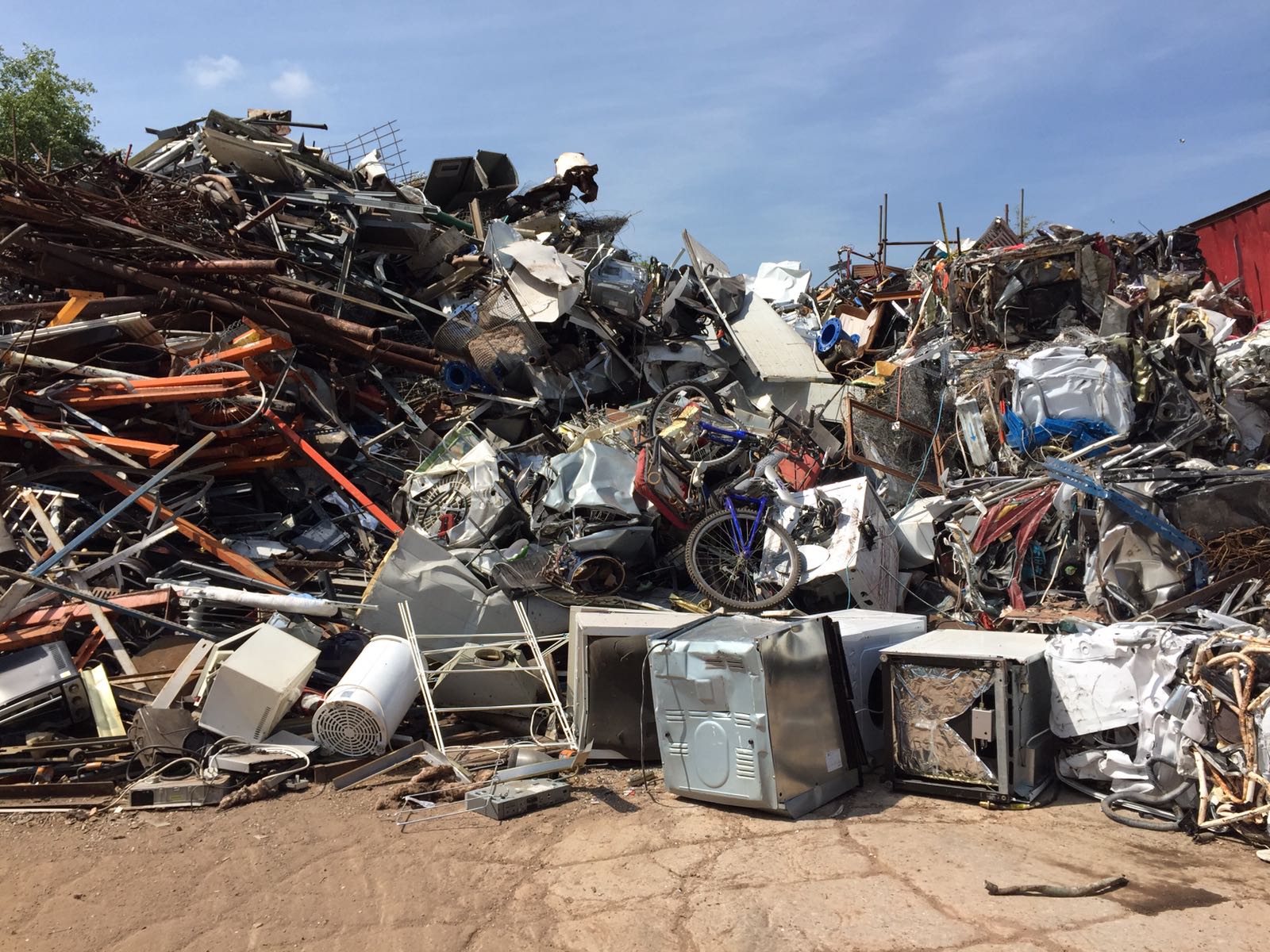Wide regulatory net threatens mom-and-pop scrap metal recycling operations
By Andrew Sarega
California boasts one of the most diverse economies in the world. While technology, agriculture and entertainment receive the lion’s share of the credit and attention, many stalwart businesses are invisibly thriving below the radar.
One such unheralded industry centers on scrap metal recycling. There are an estimated 2,500 metal and scrap recycling facilities throughout the state, especially in ethnically diverse urban communities. As a whole, California’s recycling industry is worth billions of dollars and is comprised of many small and large companies that engage in a wide range of beneficial activities.
For decades, the scrap metal industry has extracted value from society’s waste – limiting the need to mine natural resources, keeping industrial waste out of landfills and providing job security and financial independence to many of the state’s working-class residents, including many Latinos and people of color in our community.
However, a regulatory proposal at the California Department of Toxic Substances Control (DTSC) could put all that good to an end. In January, DTSC reported its findings from an evaluation done to determine public health and environmental threats posed by the state’s scrap metal recycling industry.
While DTSC’s findings were focused on the disposal of chemically-treated hazardous waste of six large scrap metal recyclers, the DTSC report found that every facility, regardless of size, even if they do no chemical treatment of waste, must be required to undergo an expensive permitting process and be subject to stiff regulations. This could cost California hundreds of jobs and hurt working class families and communities.
Yes, protecting the environment is absolutely important and the report is well intentioned.
However, it’s a mistake to apply the same regulations to large and small recycling facilities. This is a case when a one-size-fits-all approach will do serious damage to small operations. This is especially true when you consider that DTSC’s findings come from six large industrial facilities that chemically treat large quantities of hazardous “metal shredder waste” in order to dispose of it in a solid waste landfill. Applying the same new onerous requirements to every small facility – even those that only use physical separation processes - is unproductive and unnecessary.
In the 1980s, DTSC granted variances in the form of “F Letters” to six large operations to allow them to chemically treat hazardous waste in order to save money and dispose of their waste in much cheaper solid waste landfills. In 2008, DTSC determined that those “F Letters” did not adequately protect the environment and they would be rescinded. Ten years later in 2018, DTSC has yet to rescind those variances, and has instead proposed new permit requirements to ensure that those facilities are managed and regulated by DTSC to avoid potential environmental impacts. That is all fine and well.
The problem is DTSC’s proposed regulations are overly broad, lack key distinctions and definitions, and thus potentially sweep more than 2,000 small mom-and-pop scrap metal recycling businesses into an onerous, job-killing and business-destroying regulatory web.
DTSC can solve the problem it seeks to address – safe chemical treatment of hazardous waste at the large facilities – without harming smaller operations that merely use physical processes to cut, shear, shred, sort and separate out valuable recyclable scrap metal – or metal shredder aggregate.
The good news is this proposed blanket regulation seems more like an oversight than an intentional policy. As such, DTSC should be able to quickly and easily rectify this problem. We all want to protect the environment, but we should also want to protect a robust industry that has done so much for California’s economy and diverse communities.
If left uncorrected, the negative implications of this report could be huge for many working-class families and small businesses.
Andrew Sarega is a city councilman in the city of La Mirada.

